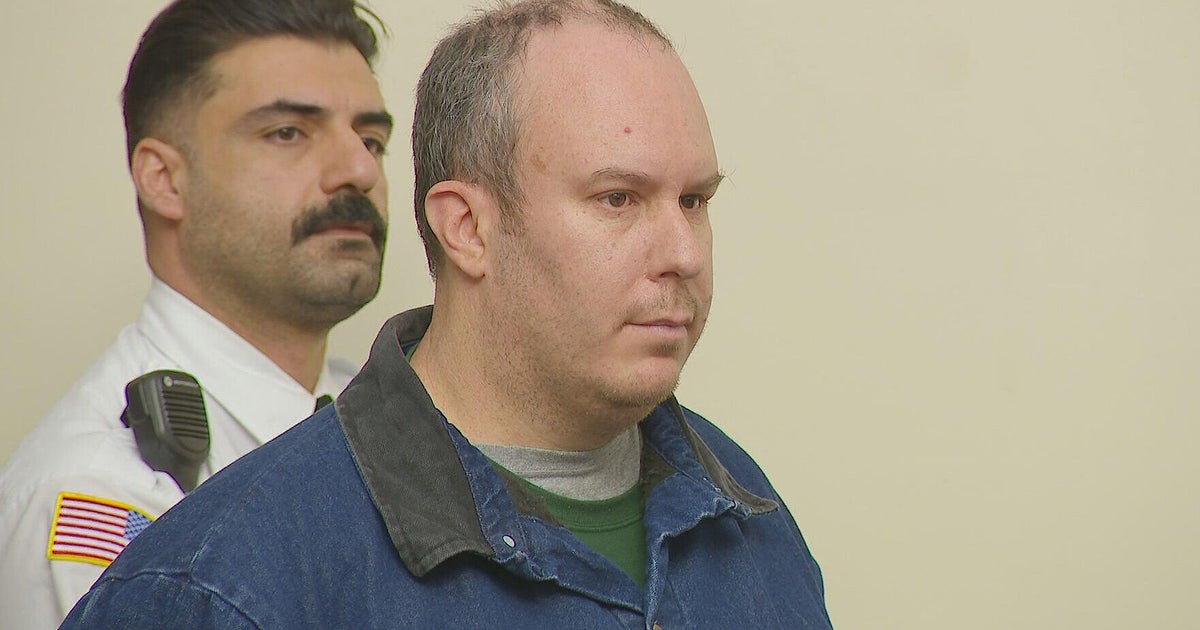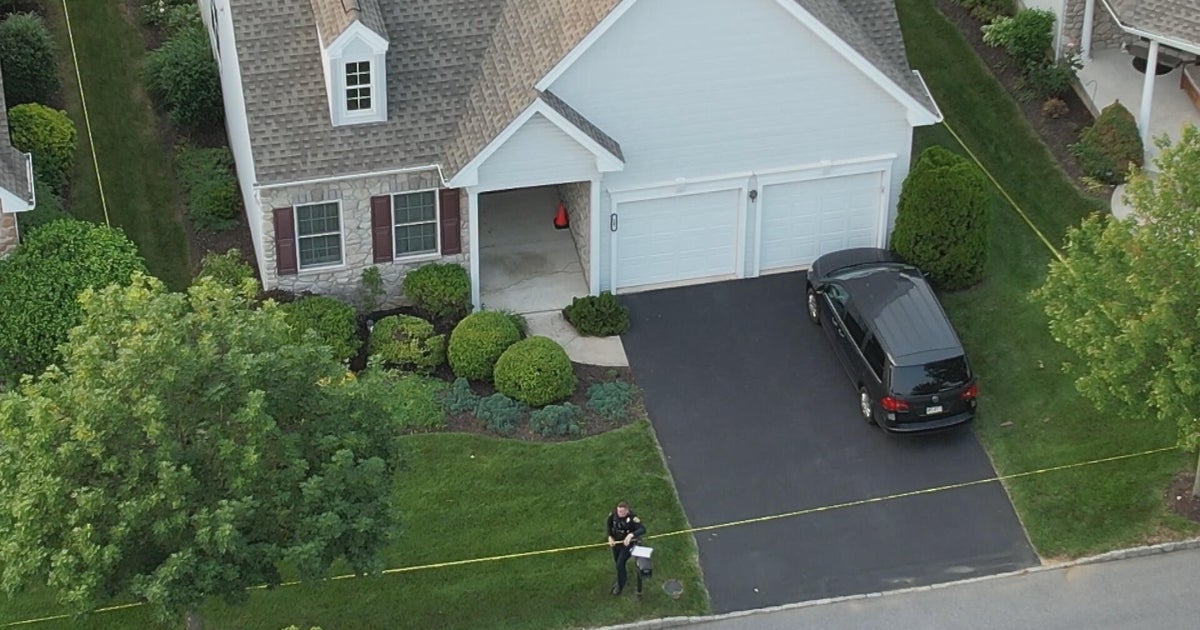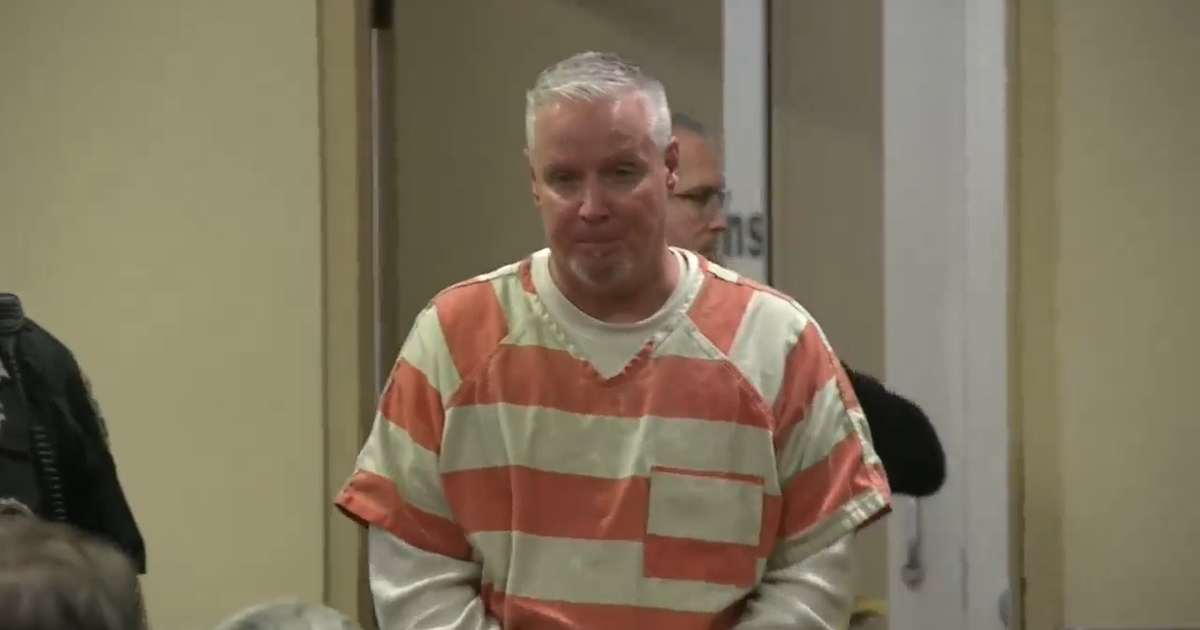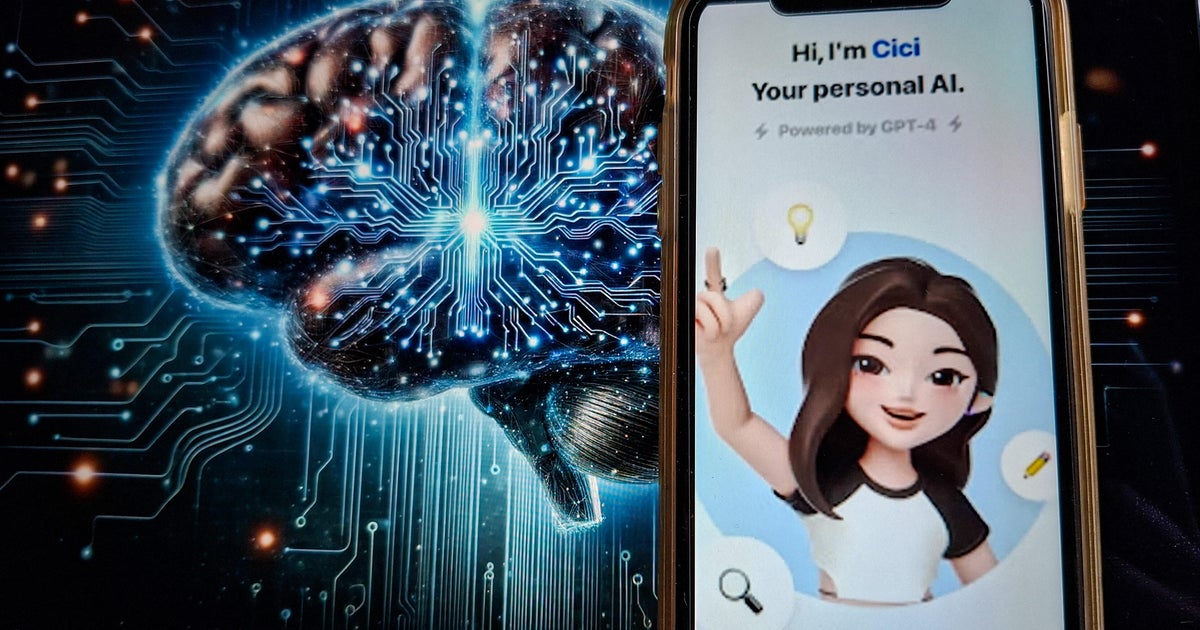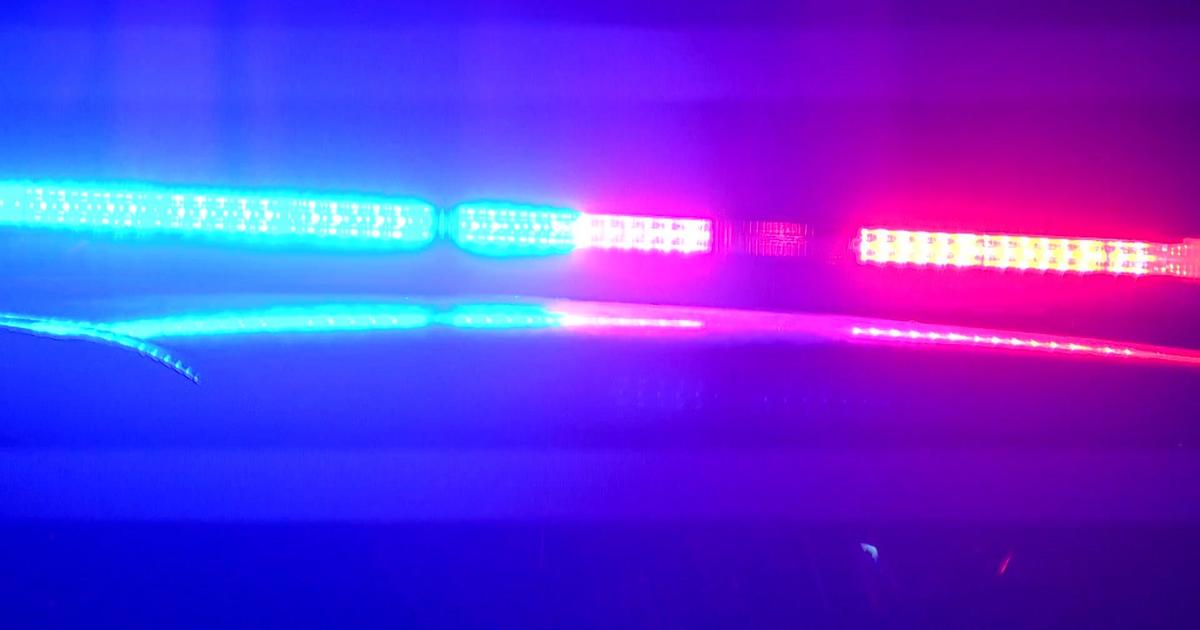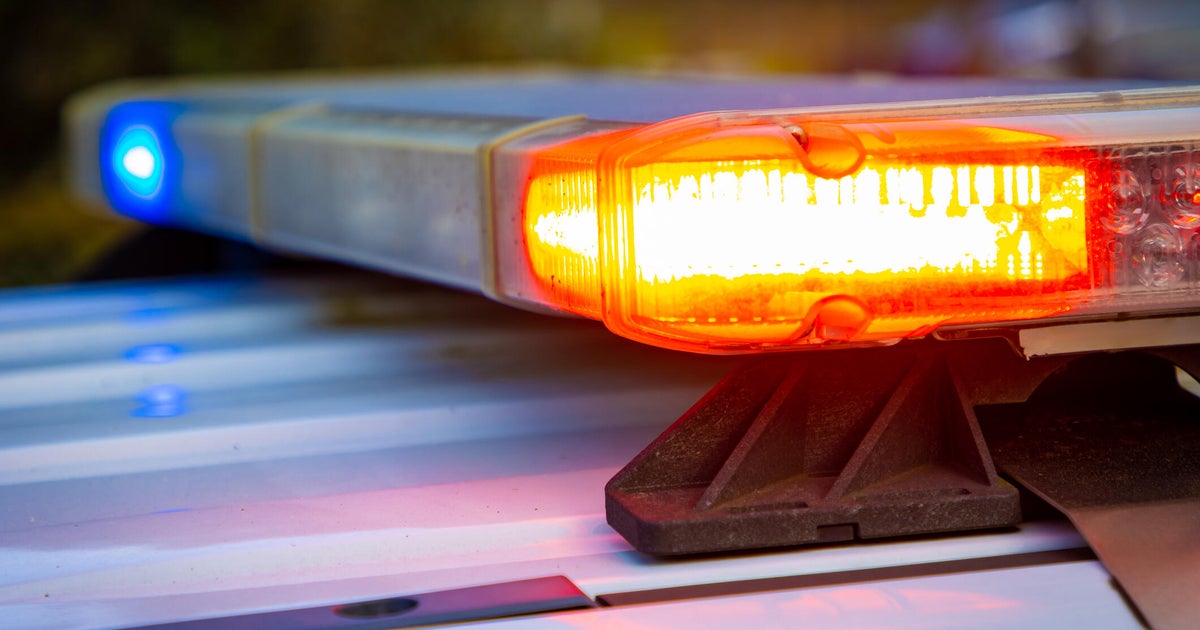No Audio Experts In Zimmerman Trial
SANFORD (CBSMiami/AP) - The judge in the trial of George Zimmerman, the man pleading not guilty in the shooting death of Trayvon Martin, decided Saturday that audio experts will not be allowed to testify at the trial.
The prosecution audio experts believe the screams on a 9-1-1 call moments before Zimmerman, 29, killed Martin was that of 17-year-old Martin.
The screams are crucial pieces of evidence because they could determine who the aggressor was in the confrontation before Zimmerman fatally shot the unarmed teenager. Martin's family contends it was the teen screaming, while Zimmerman's father has said it was his son.
Judge Debra Nelson ruled Saturday that the methods used by the experts aren't reliable. But her ruling doesn't prevent the 911 calls from being played at trial.
She reached the decision after hearing arguments that stretched over several days this month on whether to allow testimony from two prosecution experts. One expert ruled out Zimmerman as the screamer and another said it was Martin. Defense experts argued there was not enough audio to determine who the screams are coming from. Zimmerman's attorneys also argued that the state experts' analysis is flawed.
Opening statements are set for Monday in the second-degree murder trial for the former neighborhood watch volunteer who says he fired on the black teenager in self-defense last year. Zimmerman is pleading not guilty.
The elimination of the audio experts will likely shorten the trial by a week. Before the ruling, attorneys had predicted the trial could last two to four weeks after opening statements.
A spokeswoman for prosecutors didn't immediately return an email Saturday.
Audio experts from both sides testified at different times during the hearing, which stretched over three weeks. Voice experts were hired by lawyers and news organizations to analyze the calls, which were made during the confrontation between the two. The experts arrived at mixed conclusions.
In deciding whether to admit the voice-recognition technology used by prosecution audio experts Tom Owen and Alan Reich, Nelson had to determine whether it is too novel or whether it has been accepted by the scientific community at-large.
"There is no evidence to establish that their scientific techniques have been tested and found reliable," the judge said in her ruling.
Owen was hired by the Orlando Sentinel last year to compare a voice sample of Zimmerman with screams for help captured on 911 calls made by neighbors. He said Zimmerman's voice doesn't match the screams. He only compared Zimmerman's voice to the 911 calls because he didn't have a voice sample for Martin at the time.
"The screams don't match at all," Owen testified during the hearing. "That's what tells me the screams aren't George Zimmerman."
Owen also testified that remarks Zimmerman made in a conversation with a police dispatcher aren't a racial slur. He testified Zimmerman said, "These f------ punks."
Reich testified in a report for prosecutors that the screams on the 911 tapes were from Martin, and the defense does not want him to testify at trial.
Reich's analysis also picked up words that other experts couldn't find. They include the words, "This shall be" from Zimmerman and "I'm begging you" from Martin.
Reich's testimony would "confuse issues, mislead the jury," the judge said.
In contrast, a British audio expert testified for the defense that it would be extremely difficult to analyze voices by comparing screaming to a normal voice.
"I've never come across a case in my 13 years where anybody's tried to compare screaming to a normal voice," said audio expert Peter French.
A second audio expert for the defense, George Doddington, also criticized prosecution experts who said Friday that screams and pleas on a 911 recording likely belonged to Martin.
"It's all ridiculous," Doddington said.
(TM and © Copyright 2013 CBS Radio Inc. and its relevant subsidiaries. CBS RADIO and EYE Logo TM and Copyright 2013 CBS Broadcasting Inc. Used under license. All Rights Reserved. This material may not be published, broadcast, rewritten, or redistributed. The Associated Press contributed to this report.)
